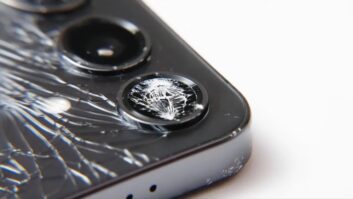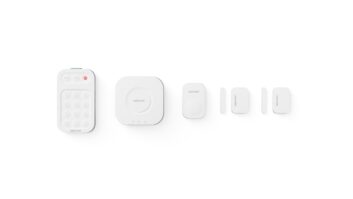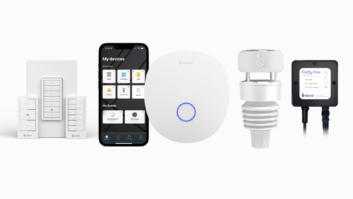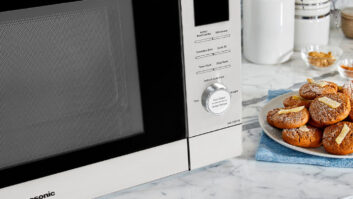Gracenote, operator of the online CDDB music-recognition database, wants to extend its CE-industry influence through its first embedded-database solution and through waveform-analysis technology, which will extend the database’s capabilities to a greater variety of consumer electronics products, including analog radios.
Gracenote’s Compact Disc Database (CDDB) Music Recognition Service is the world’s largest online database of CD album information. Internet-connected PCs, CD megachangers and hard-drive music jukeboxes access the database to download album and track names, artist names and genre on a track-by-track basis. Consumers use the stored data to sort and select songs by album, artist or genre.
Every month, the company said, about 30 million unique users connect to CDDB servers, which contain data on 1.4 million albums and 18 million songs.
For PC users, CDDB-access technology is incorporated in Real Player and AOL/Winamp music-player/ripping software and in PC software bundled with Internet audio portables. The technology also appears in most hard-drive-based music jukeboxes and in net-connected controllers intended for use with select brands of CD megachangers. The controllers are marketed by sister company Escient Convergence of Indianapolis.
CEO David Hyman said home audio products that incorporate embedded CDDB databases make CDDB data more easily accessible to households that lack always-on high-speed Internet connections. Kenwood, Escient and SONICblue already offer hard-drive home jukeboxes with embedded databases.
Embedded databases also open up CDDB’s potential to car audio systems, Hyman said.
In the home, “with a dial-up connection, every time you insert a CD [into a megachanger, shelf system, or hard-drive jukebox recorder], you have to dial up and connect,” he said. An always-on broadband connection is the best option, he said, “unless you have an embedded solution.”
The amount of basic text downloaded per album is only 2KB, requiring less than a second of download time even on a dial-up modem, but the time-consuming part of dial-up downloads is dialing and connecting, said marketing director Ross Blanchard.
“Dial up and connect time can be 15 to 20 seconds on top of the 2/10ths of a second to five seconds to search the database [per disc],” he said. “You’d have to wait that long to view information [through the device’s display after loading or ripping a disc].”
During initial setup of a megachanger or hard-drive jukebox, however, users could configure the device to dial up after all music is loaded, eliminating multiple dial-ups and saving time.
Some home devices equipped with embedded databases dial up every week to download updates, Blanchard noted. Users of other products can also do manual updates at their own pace by running a phone line to the device as needed, he said.
One advantage of an always-on connection is that users can quickly download extra data, including cover art from affiliated Web sites, bios and news. Future embedded databases, however, could include some of this additional data, including a cover-art database if suppliers expand the storage capacity of their future hard-drive jukeboxes to 50GB-60GB, Blanchard noted.
In the U.S. car audio market, Pioneer has already unveiled a hard-drive head unit unit with embedded CDDB database, Blanchard said. The database can be updated by inserting a flash memory card. In a year, hardware-based databases will be updateable by inserting a CD-ROM, but current models in the United States and Japan aren’t designed with that capability, he said.
Car updates could also be delivered wirelessly via car telematics systems, he added, but no suppliers have yet implemented that solution.
In home and car hard-drive jukeboxes, the CDDB database resides on the hard drive, consuming about 350MB of storage space, representing only a small amount of capacity available on the devices’ 10GB-30GB hard drives, Hyman said.
Also to extend its influence, Gracenote signed an agreement with RealNetworks to bundle CDDB technology in an OEM version of RealOne Player software tailored for use in such CE products as home and car hard-drive jukeboxes.
“They’ll be a formidable reseller [to CE manufacturers],” Hyman said. CDDB is already incorporated in Real’s PC software.
Gracenote has no plans to build a database of DVD-Audio and SuperAudio CD discs, given limited demand for the formats. The company is also developing a DVD-Video database. Sister company OpenGlobe, an OEM developer of music-jukebox platforms, has already developed its own DVD database, which is accessed by select DVD-Video megachangers.













